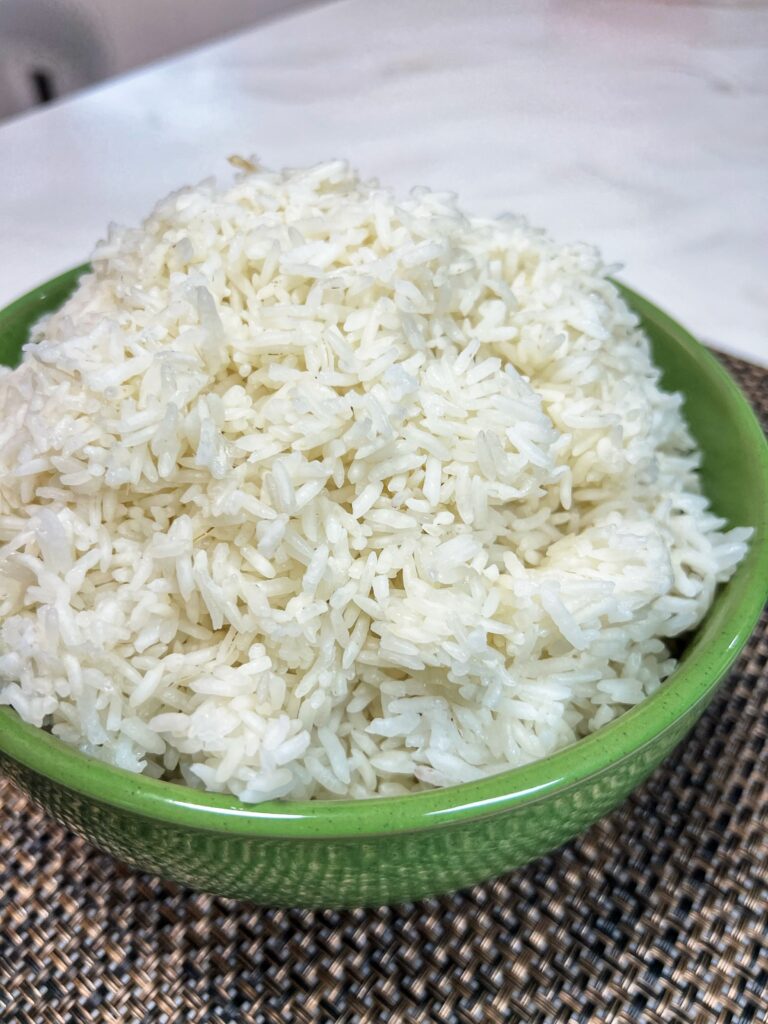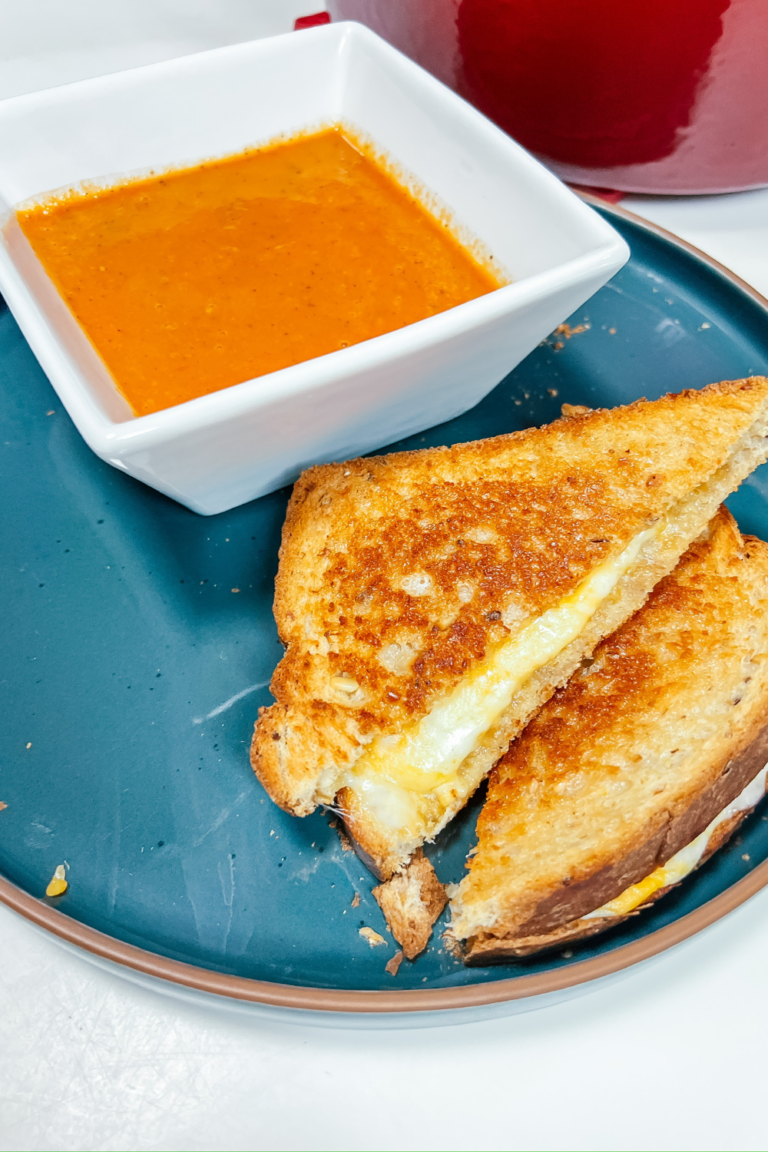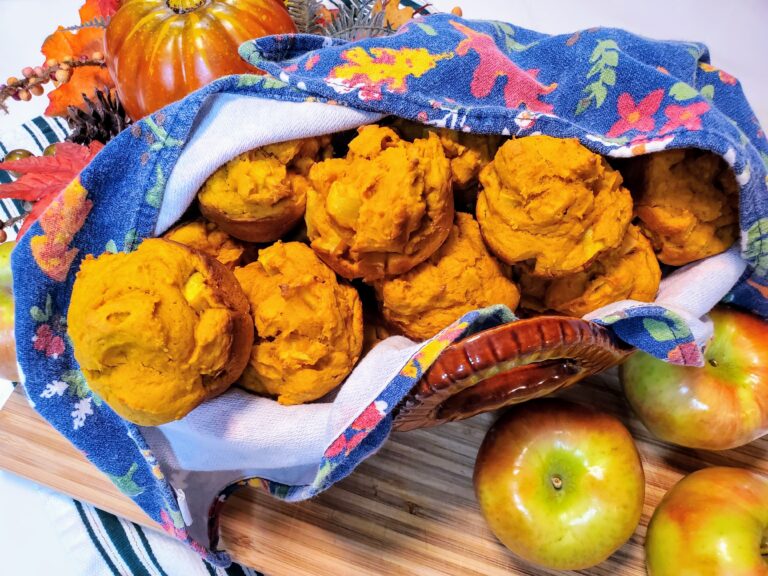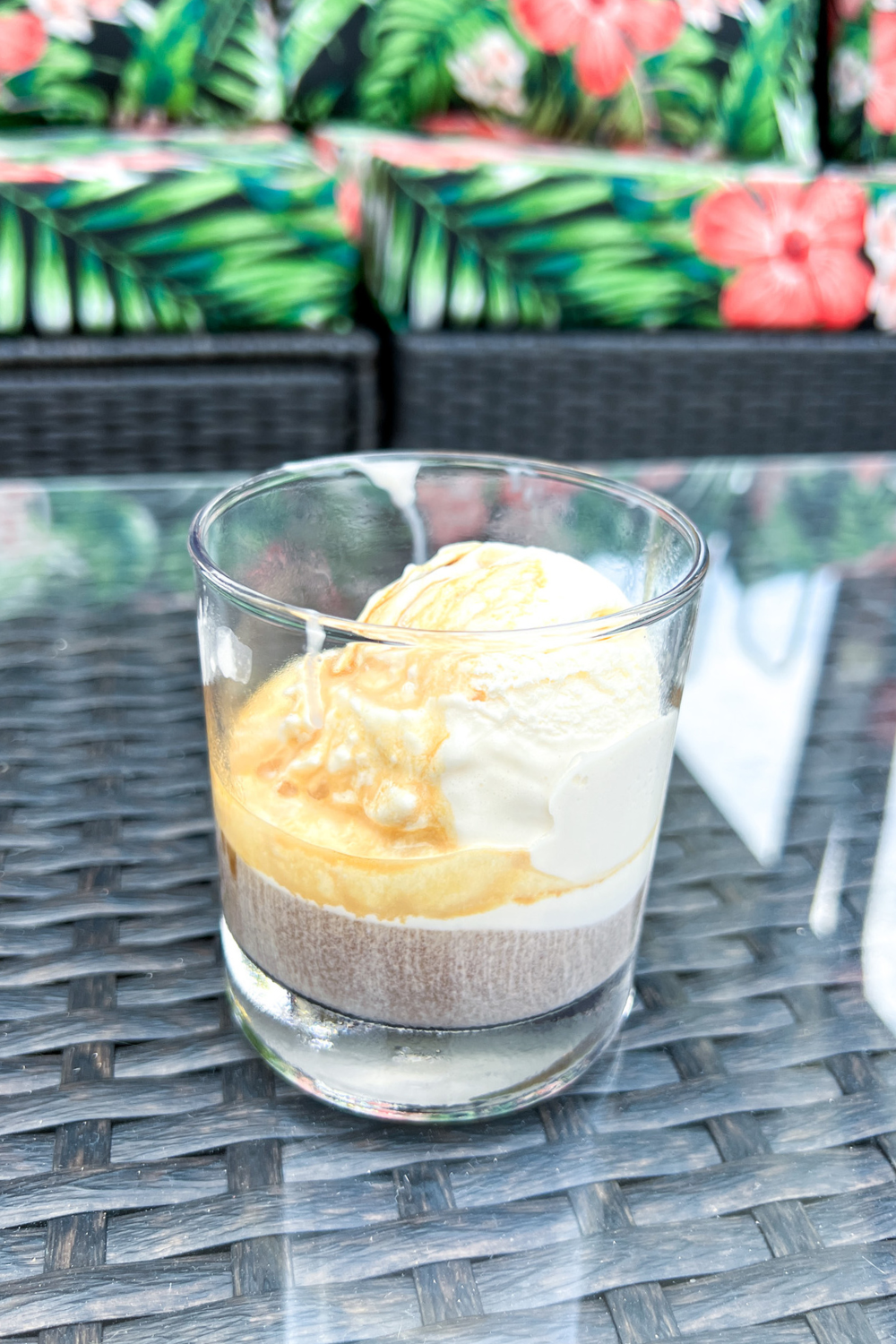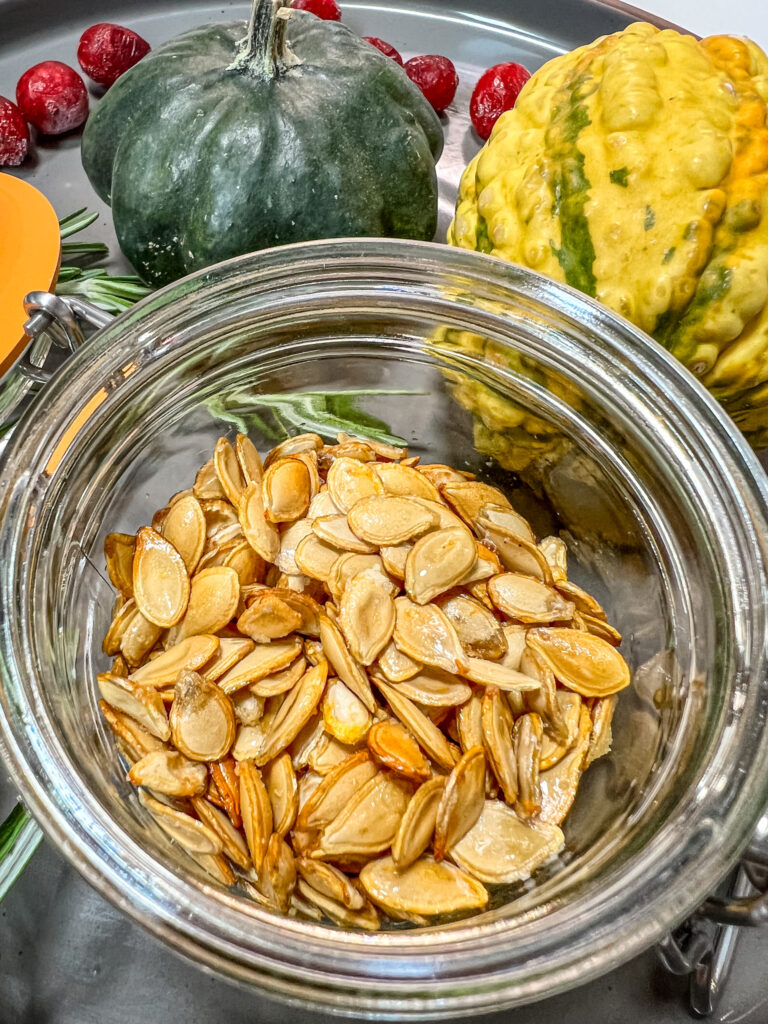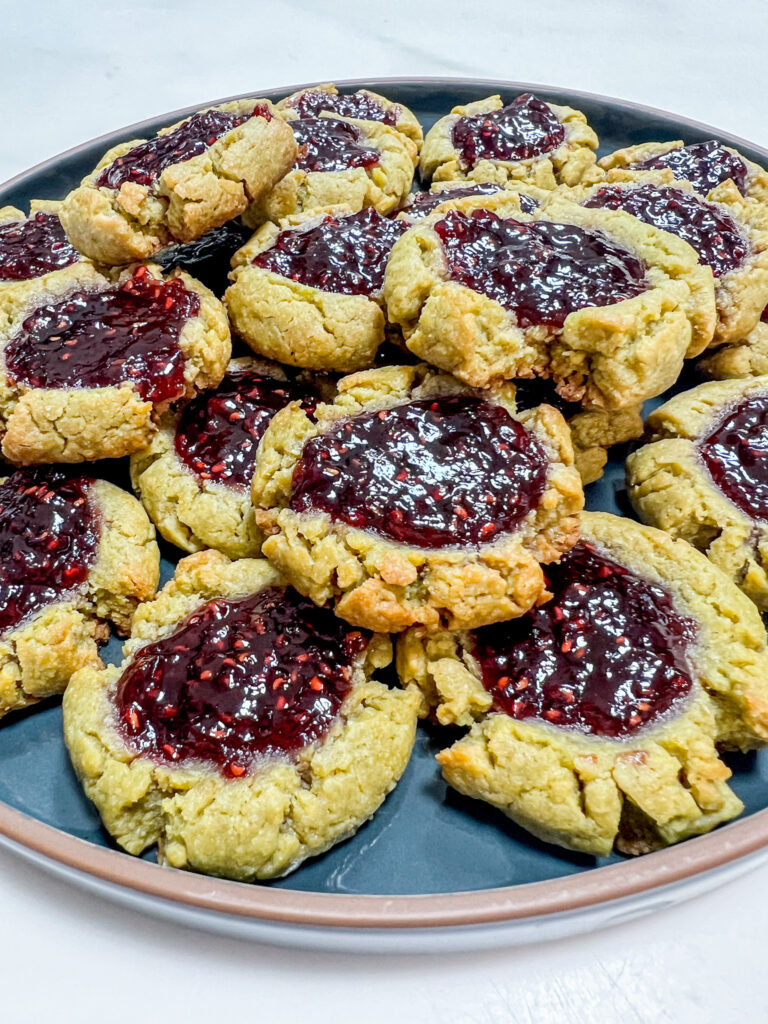The Importance of Washing Rice for Perfect Results
Discover why it’s important to wash rice before cooking. Learn about the exceptions and find out why rinsing is necessary for most types of rice.
This post may contain affiliate links. That means I may make a small commission on items purchased through links in this post at no extra cost to you! Affiliate Disclaimer
The instructions for cooking nearly every type of rice start the same way — thoroughly wash (or rinse) the rice under cool water before cooking. Now I’m all about shortcuts and quick hacks, but there is no real one for this. You need to rinse (aka wash) your rice! Seriously.
Ok, so before I go too far into rice rinsing… Are there exceptions to washing your rice? Yes, there’s an exception to everything, right? So the exceptions, in this case, are Congee, Rice Pudding (although mine is usually made with leftover rice, so mine is rinsed, I’ll share that recipe on a different day), and risotto would be the exceptions. I mean, the entire point of these grains is to become mushy, or are need of those extra starches, right?
My Latest Food Videos
So why am I even blogging about this?
Recently, I did a survey with my Instagram followers asking how many times they rinse their rice. I was shocked (and a little appalled, I’m going, to be honest) by how many people don’t wash it at all.
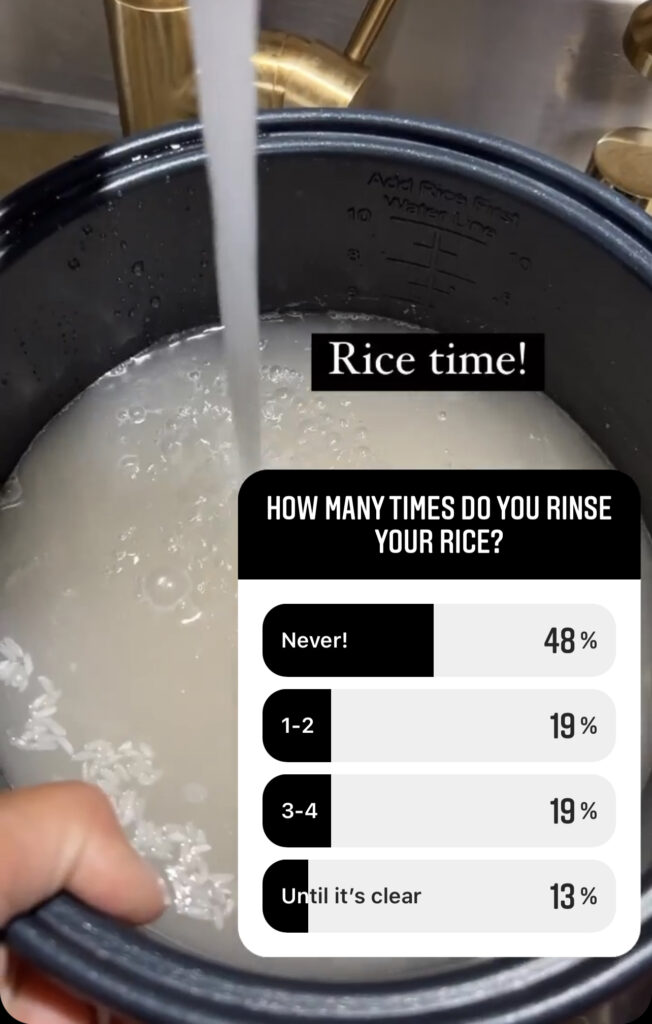
Now I’m not super judgy about what people do in their kitchens and this is not a judgment on people whatsoever. This is, however, my push for people to wash rice. In this instance, I’m an expert when it comes to cooking rice. Want my resume? I’m half Chinese, and my dad (who was also a chef), was also on the Chinese side and made a lot and I mean A LOT of rice. As do I. I can tell you that the technique I use was not only ingrained in me by my father, but every time I make rice I can hear him telling me how to do it (IYKYK).
There are a few reasons to do this.
The biggest one is just plain cleanliness. Debris can get on rice through the packaging process.
The next reason and I would say probably the most important to most others, is to get rid of most of the unwanted starch that makes the rice overly sticky or even mushy. If you normally don’t rinse your rice and find inconsistency when you cook it, or many times it seems overly mushy, even though you followed the directions and measured precisely, it’s because you did not rinse the rice. Usually, the goal is fluffy, separated grains as opposed to a porridge-like consistency, well, that starch has got to go.
And to be clear, even when you rinse short-grain rice, like sushi or sweet rice, the cooked grains will still stick together (they’re supposed to). Still, they’ll lose any unpleasant gumminess that could ruin your at-home sushi. And when you rinse long-grain rice, like basmati, you’ll come away with individual, discrete grains that will go amazing with your next saucy dish.
The Process
Rinsing rice can be done a few different ways, but this is how I was taught to do it. In a bowl or the bowl insert of a rice cooker, fill it until it covers the rice. As you start to fill the bowl, you’ll be able to see that starch is released into the water. swoosh the rice around in a bowl full of cold water several times. Then dump into a strainer and then immediately dump all the rice back into the bowl (as you go for the next rinse use the water to get any remaining rice from the strainer). I repeat this process 2 (two) – 3 (three) more times.
The difference from the first rinse to the third is noticeably apparent: The water will go from distinctly cloudy (almost impossible to see the rice grains) to clear enough that you should be able to see the rice grains (or your submerged hand). It will never be crystal clear, but even a few rinses make all the difference.






Here are a few items can not live without!
Do you have to buy any of these items? NO!! But if you cook rice as often as I do (almost daily), these tools can help you with cooking and prepping rice. Also, because I detest one-trick ponies, these can be used for other things as well.
Rice Cooker For easy cooking
I have cooked a lot (I mean a LOT) of rice in my life and the Aroma Housewares Professional 20-Cup Digital Rice Cooker is a game changer! You can cook as little as 2 cups of uncooked rice or as much as 20! Just put the rice, water, and salt in your cooker, start, and let it do its thing! It will even keep it warm for you which has been a lifesaver for me!
Stainless Steel Mesh Colander Strainer
I love these mesh colander strainers for this. The mesh helps keep the rice in was I’m rinsing it, and it’s honestly not a bad job with cleaning. I also use these strainers for my Asian Cucumber Salad.
Now that you’re done washing the rice and are all prepared to cook, what’s the first thing you’re going to cook? How about my Lemon Chicken Taco Dinner or add it to some Tortilla Soup Gumbo?
Let me know what you think! If you take a picture, tag me on Instagram or Facebook, @jenngiamsmith #JennGiamSmith. Or share it on this post’s Pinterest Pin!
Shop My Post

Aroma Housewares Professional 20-Cup (4Qt.) Digital Rice Cooker
Buy Now →
Mesh Colander (Stainless Steel) 2 Pack
Buy Now →Want to remember this post?
Pin it to your favorite Pinterest Board!
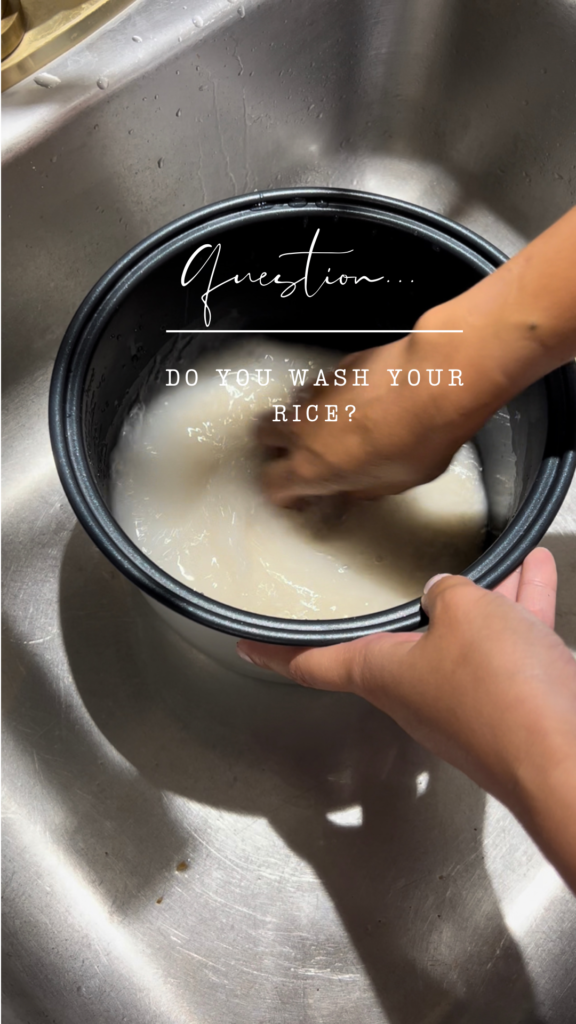
©Photo, Prop Styling, and Food Styling by Jenn Smith

